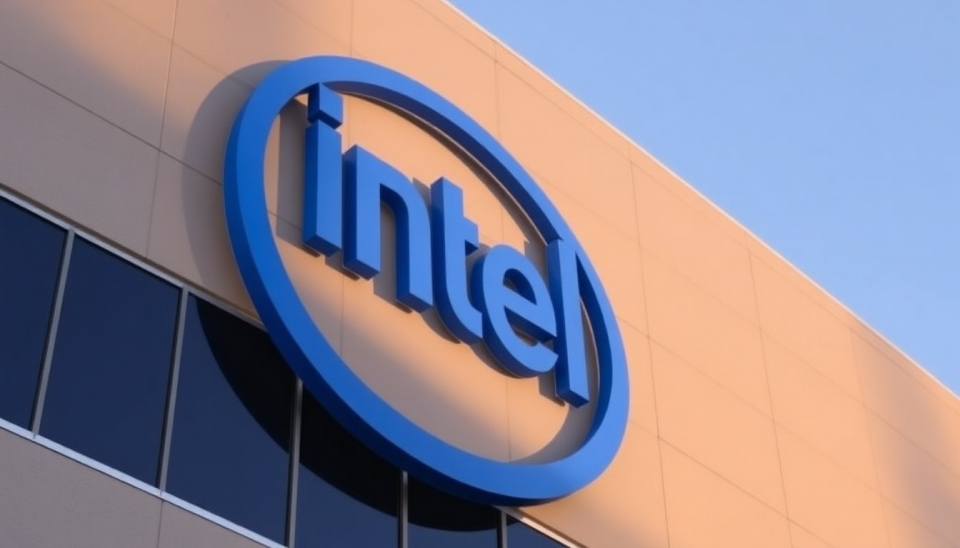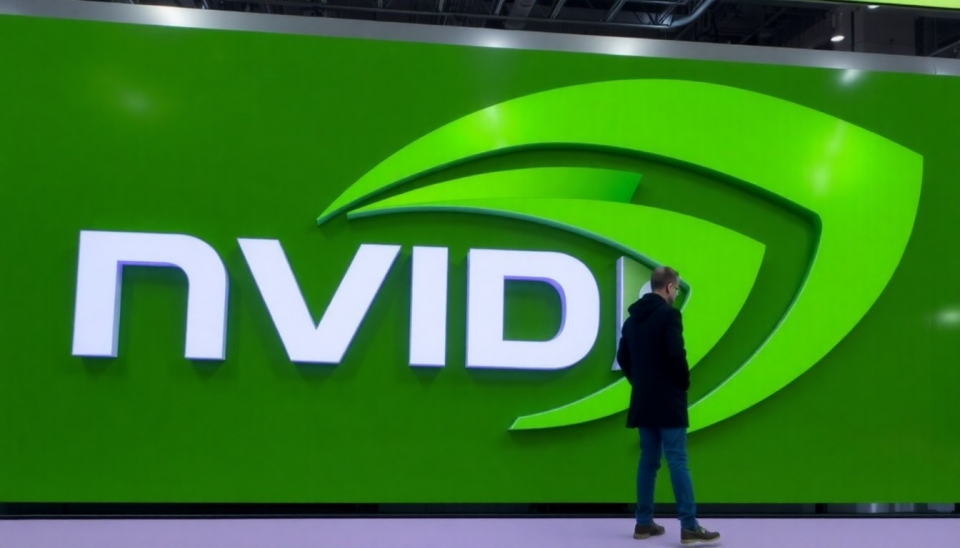
In a significant turn of events for the semiconductor industry, major US chip manufacturers Texas Instruments and Intel have reported a decline in their stock values, attributed largely to the repercussions of tariffs imposed on Chinese imports. The tariffs have had a cascading effect, complicating the manufacturing and distribution processes of chips, crucial for a plethora of electronic devices.
The tariffs, part of an ongoing trade war between the United States and China, have seen numerous tech sectors grapple with heightened costs and regulatory hurdles. The situation is particularly burdensome for companies heavily reliant on exports or that rely on materials sourced from China. Texas Instruments, a key supplier of analog and embedded processing chips, has seen its stock dip due to anticipated difficulties in maintaining their production levels and meeting global demand.
Intel, another gigantic player in the semiconductor space, has echoed similar sentiments. The firm has warned investors that the ongoing geopolitical tensions could lead to disruptions in their supply chains, culminating in shortages of critical components. As competition from other countries, especially in Asia, increases, both companies are feeling the heat as they attempt to innovate and stay ahead in a fast-evolving market.
The broader implications of these tariffs extend beyond just financial metrics; they signal a strategic shift in the industry dynamics. As businesses adjust to these unprecedented trade policies, firms like Texas Instruments and Intel are forced to reconsider their supply chain strategies, potentially leading to a long-term restructuring in how components are sourced and produced.
Furthermore, analysts suggest that this trade environment may accelerate the push for domestic chip production in the U.S. The U.S. government has been investing in various initiatives aimed at bolstering the domestic semiconductor industry, seeking to reduce dependency on foreign manufacturing. However, experts caution that transitioning to local production will require substantial time and investment to develop the necessary infrastructure and expertise.
As the situation develops, both investors and industry observers are keeping a close eye on how these companies adapt to the implications of increased tariffs. The key question they face is how swiftly they can pivot their operations to mitigate risk while continuing to meet consumer demands in a rapidly changing technological landscape.
The current landscape paints a challenging picture for U.S. chipmakers, as they face pressures both from the global market and domestic policy. As manufacturers figure out how to navigate through these complexities, the effects of the Chinese tariffs will continue to resonate throughout the sector, reshaping the future of the semiconductor industry.
With uncertainty looming over the market, stakeholders are bracing for a potential shift that could redefine competition among tech giants well into the future.
#semiconductors #TexasInstruments #Intel #ChinaTariffs #ChipManufacturing #TradeWar #USIndustry #SupplyChainDisruptions #TechNews
Author: John Miller



